Martin Lind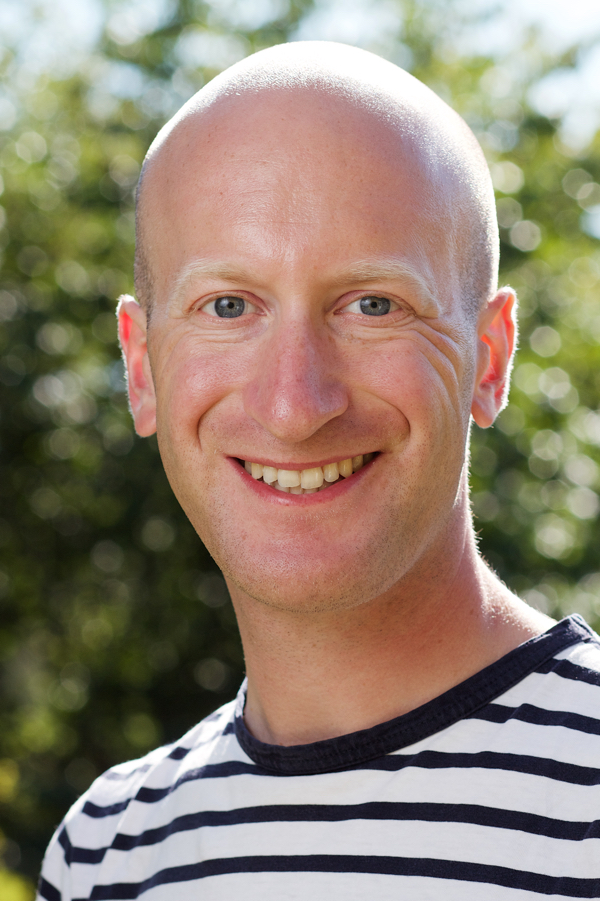
Associate Professor | Researcher
Docent, Uppsala University, Sweden
Ph. D. Umeå University, Sweden
M. Sc. University of Aberdeen, UK
Martin is the PI with a broad interest in life history evolution, especially the adaptation to environmental heterogeneity, plasticity, epigenetic inheritance and the evolution of ageing. His main study organisms are Caenorhabditis nematodes, but also work with collared flycathers and occasionally with wasps, amphibians and Dahpnia.
Martyna Zwoinska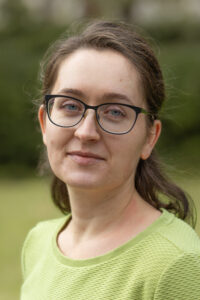
Researcher
Ph.D. Uppsala University
Martyna, a researcher in the lab, is exploring the interplay between plasticity and continuous genetic adaptation in response to environmental variability. She has a keen interest in life-history evolution, the factors underlying adaptation and maladaptation, as well as sex-specific selection. She utilizes phenotypic, genetic, and genomic approaches in her work.
Varvara Paida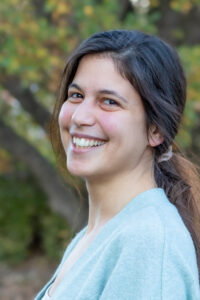
Research assistant
M. Sc. Uppsala University
B. Sc. National and Kapodistrian University of Athens
Varvara (Vana) did a master project in the lab, where she investigated trade-offs between reproduction, learning, development and lifespan using knock-out mutations and phenotypic assays in the nematode C. elegans. She is now a research assistant in the lab, investigating trade-offs.
Former lab members
Lauren Darkes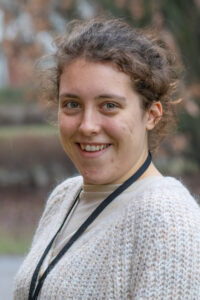
Project Student
Lauren is a student at University of Surrey, UK and did a project in the lab, where she investigated trade-offs between reproduction, learning, development and lifespan using knock-out mutations and phenotypic assays in the nematode C. elegans.
Zuzana Sekajová
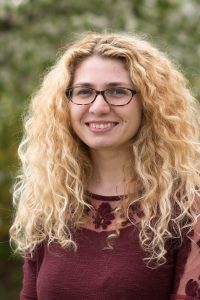
Ph.D. Student
Ph. D. Uppsala University, Sweden
M. Sc. Masyrak University, Czech Republic
B. Sc. Masyrak University, Czech Republic
Zuzana started her Ph. D. position in spring 2017, and is investigating the evolution of inheritance system using experimental evolution in C. remanei, focusing on the evolution of epigenetic inheritance, plasticity and bet-hedging. She also investigates life history evolution and trade-offs in both C. remanei and C. elegans. She succesfully defended her Ph. D. in 2021.
Cláudia Aldeia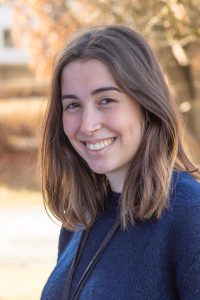
Project student
B. Sc. Catholic University of Portugal
Cláudia is a master student at the Catholic University of Portugal, and did a 5- month Erasmus+ research internship in the lab, where she investigated the genetic basis of maternal effects, as well as their fitness consequences in C. elegans nematodes.
Giorgia Fiorino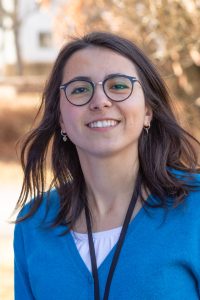
Project student
B. Sc. University of Ferrara, Italy
Giorgia is a student at the University of Ferrara, and was doing a 4- month Erasmus+ research internship in the lab, where she investigated the genetic basis of maternal effects, as well as their fitness consequences in C. elegans nematodes.
Katherine Hardwick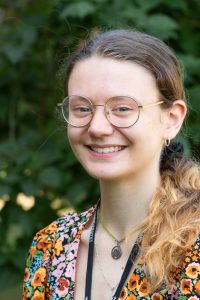
Project student
Katherine is an exchange student from the University of Edinburgh, and was doing a summer research internship in the lab. She investigated the genetic basis of learning in C. elegans nematodes, using phenotypic assays.
Erlend Fossen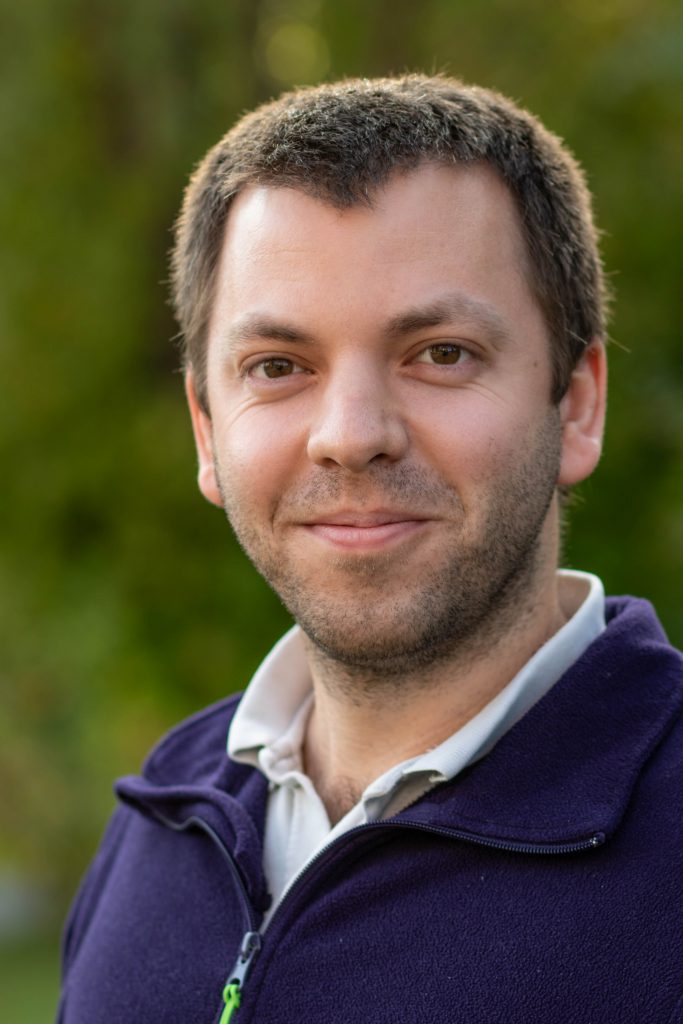
Post-doc
Ph.D. Norwegian University of Science and Technology (NTNU), Norway
M. Sc. Norwegian University of Science and Technology (NTNU), Norway
Erlend joined the lab in the autumn 2019 to work on non-genetic effects during adaptation, with special focus on adaptive and non-adaptive plasticity and their role for adaptation.Previously, Erlend worked on quantitative genetics of thermal plasticity in the crustacean Daphnia. His former study questions focused on life-history evolution, allometry of metabolism, and population dynamics.
Erlend is now doing another postdoc at the University of Oslo.
Foteini Spagopoulou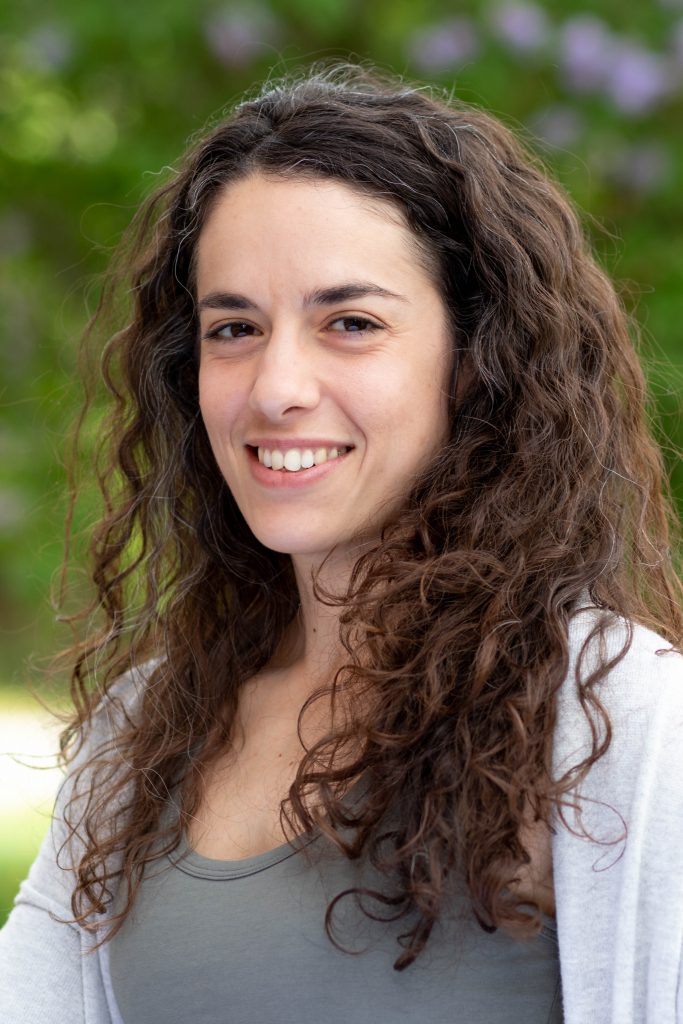
Visiting researcher
Ph.D. Uppsala University, Sweden
M. Sc. Uppsala Uni., Sweden; LMU, Germany; Montpellier 2 Uni., France (MEME)
B. Sc. University of Athens, Greece
Foteini joined the lab in the autumn 2018 for a research visit, and is investigating life-history consequences of early-life stress. For her doctoral thesis, Foteini worked on the role of condition-dependence in the expression and evolution of ageing in both natural and laboratory populations. Her study questions focused on the consequences of early-life environmental effects on life-history trade-offs, and she is now working on related questions in the nematode system.
Elena Rosa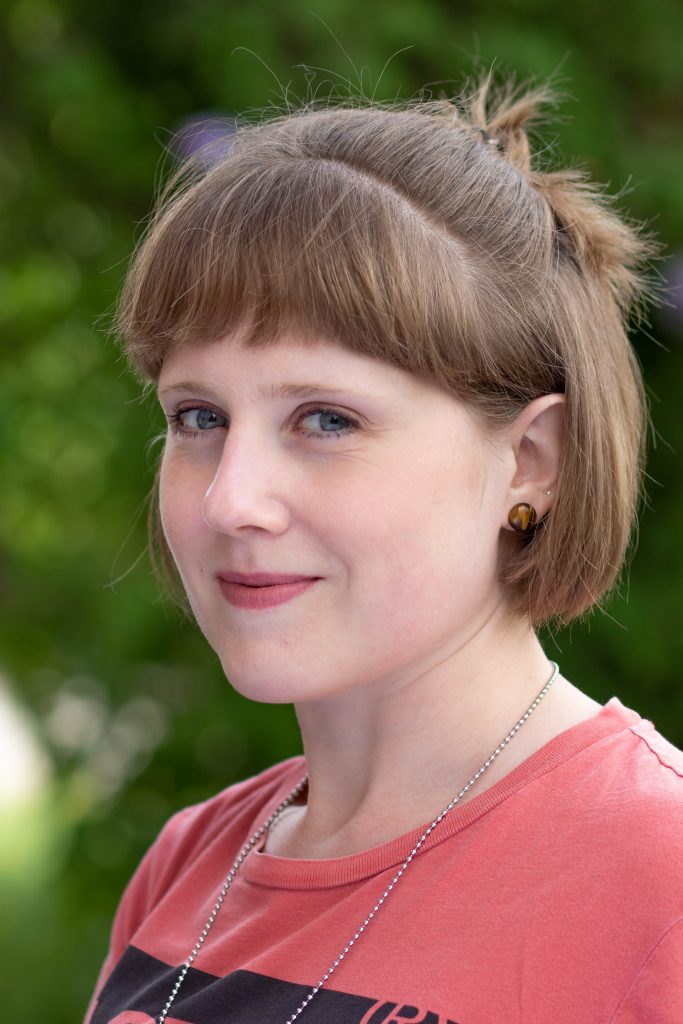
Post-doc
Ph.D. University of Helsinki, Finland
M. Sc. University of Padova, Italy
B. Sc. University of Padova, Italy
Elena joined the lab in 2018-2019, to study the evolution of inheritance system using experimental evolution in C. remanei, as well as life-history consequences of early environmental stress. Previously, Elena worked on the ecological factors shaping life-history traits in the Glanville fritillary butterfly, with emphasis on ecological immunology. Her former study questions focused on life-history trade-offs by means of phenotypic plasticity, and she adressed similar questions on an evolutionary scale.
Panagiotis-Ioannis Zervakis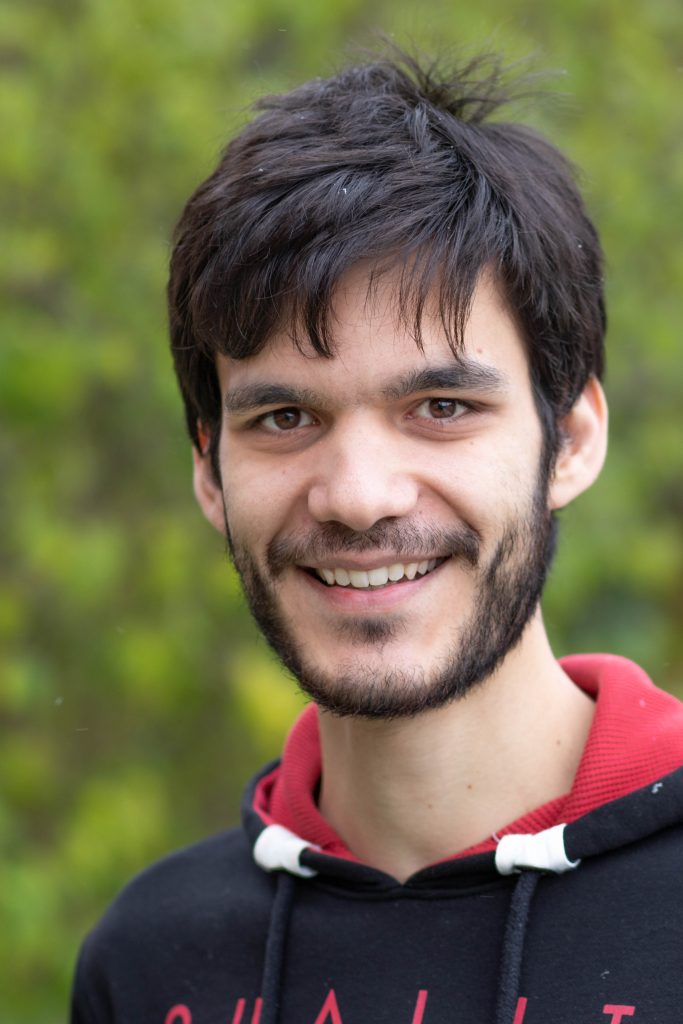
Project student
Panagiotis was doing an M.Sc. in Biology at Uppsala University, and joined the lab during the autumn 2018 for a research training project on compensatory growth in C. elegans, where he investigated its fitness consequences and genetic regulation.
Panagiotis is now doing a Ph.D. at Stockholm University.
Manon Tourniaire-Blum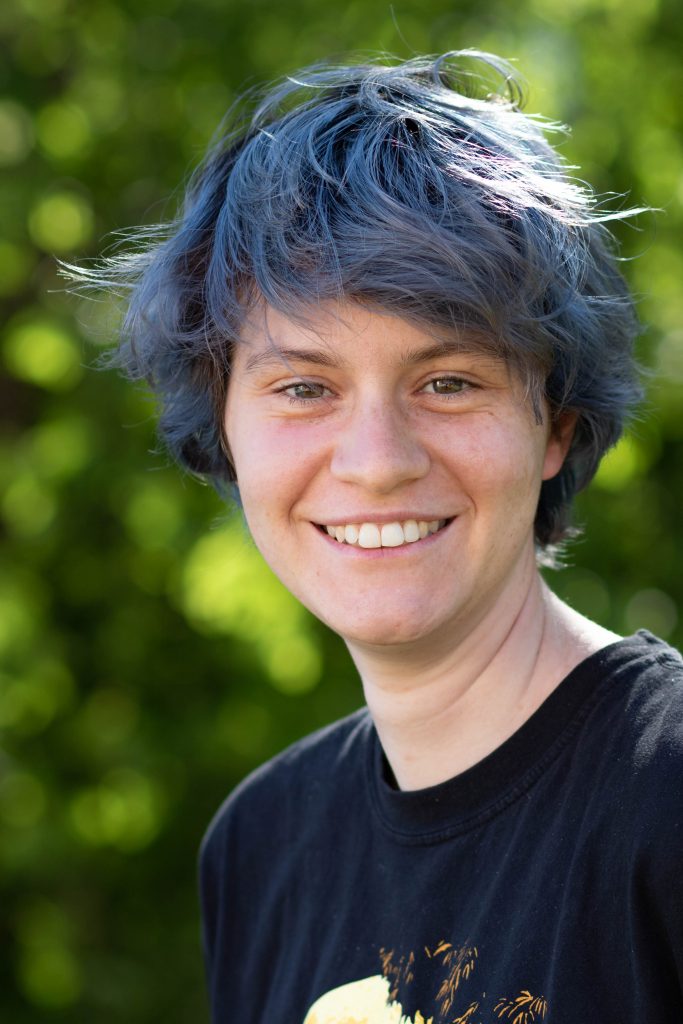
Project student
Manon was doing a 12 weeks research project in the lab during the summer of 2018, where she investigated adaptation to heterogeneous environments using experimental evolution lines of C. remanei. The internship in our lab was part of her studies at École Nationale Supérieure d’Agronomie de Toulouse (ENSAT – the National School of Agriculture and Engineering of Toulouse).
Hanne Carlsson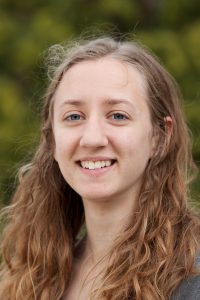
Master student
M. Sc. Uppsala University, Sweden
B. Sc. Uppsala University, Sweden
Hanne did a Master project in 2017, studying the role of parental age effects for lifespan and ageing by experimental evolution in C. elegans. The project was a collaboration between our lab and the Maklakov lab.
Hanne has now taken up a position as Research Associate at the University of East Anglia, UK.
Sanjana Ravindran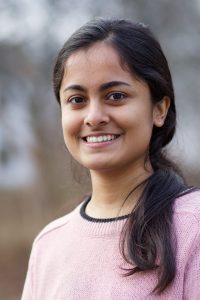
Project student (M. Sc.)
B. Tech. VIT University, India
Sanjana was taking an Erasmus Mundus International Master (IMIM) in Innovative Medicine, and performed two projects in the lab during 2017, where she investigated fitness consequences of lifespan extension by combining life-history assays with manipulations of target genetic pathways in C. elegans. The project was a collaboration between our lab and the Maklakov lab.
Sanjana is now doing a Ph.D. at the University of Edinburgh, UK.